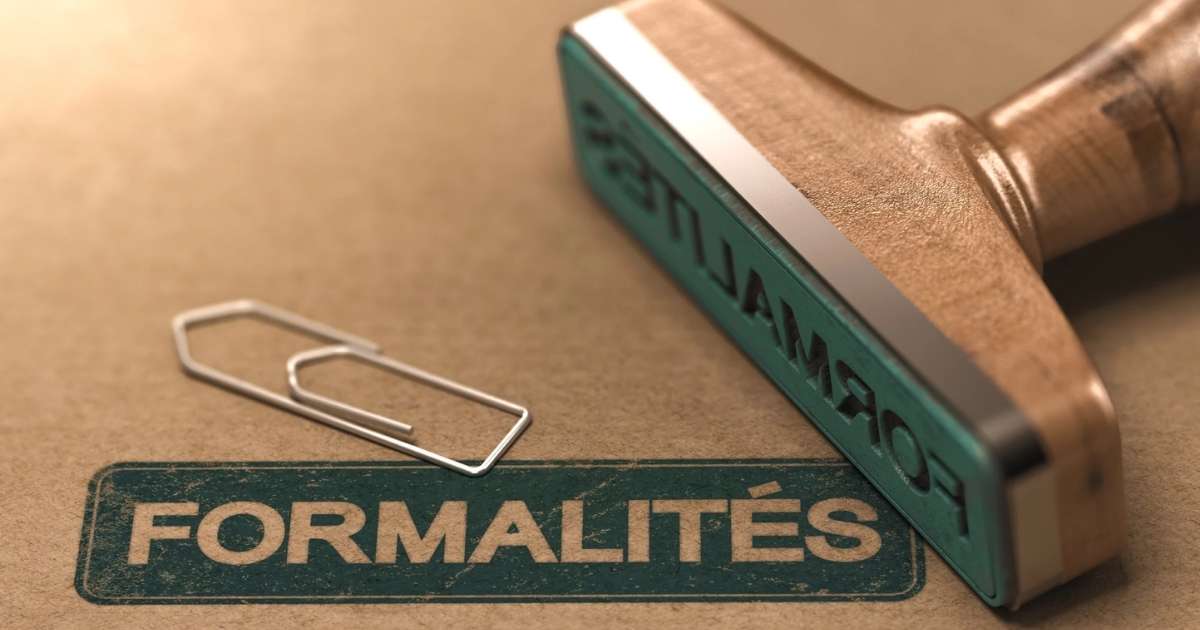We often see business owners ignore corporate formalities after incorporating their businesses. They labor under the misconception that forming a corporation[i], provides them with a full-proof shield from personal liability, despite how they conduct corporate affairs post incorporation. Many are not aware of the doctrines of “piecing the corporate veil” or “alter ego”. In this blogpost, we discuss briefly why corporate formalities are important to follow— owners of incorporated businesses must follow corporate formalities to ensure protection from personal liability.
Why corporate formalities are important to follow?
The short answer is because following corporate formalities ensures the separateness of identity between the corporation and its owners is maintained. This is essential to ensure personal liability protection for the owners. Under the corporate statutes of all jurisdictions, after a corporation is formed it is treated as a separate “person” distinct from the owners holding interests in it. This separateness of legal identity shields the corporation’s shareholders, officers, and directors, from personal liability from the debts and obligations of the business. However, the important caveat is this protection is available only if steps are continuously taken by observing corporate formalities to maintain the separateness of the corporate entity from its owners. If owners do not observe corporate formalities and run their business like a sole proprietorship (or partnership in case of more than one owner) and if a creditor or an obligee of the business sues to hold the owners personally liable, a court will likely disregard the corporate shield to hold the owners personally liable. This is the so called “piercing the corporate veil”—a doctrine under which the courts can disregard the corporate entity and hold its owners personally liable for the corporation’s debts and obligations. In California this is done under the “Alter Ego” doctrine. Under this, a court will hold business owners of a corporation personally liable if it finds (a) a unity of interest and ownership between the corporation and its owners (that is these owners have treated the corporation as their “alter ego” rather than as a separate entity); and (b) it will be an inequitable result if these acts are treated as those of the corporation alone and failing to hold shareholders accountable would sanction a fraud or promote injustice. Burden of establishing alter ego liability is on the plaintiff creditor. Therefore, mere incorporation of a business will not shield its owners from personal liability if they have failed to follow corporate formalities post-incorporation.
So, what are considered corporate formalities? Some of the many examples of corporate formalities that must be observed to ensure owners are shielded from personal liability are:
1. Holding meetings of shareholders and directors: Corporations must hold annual meetings of its shareholders and directors. A corporation’s directors and certain shareholders may also call for special meetings as provided by the laws of the jurisdiction in which the entity is formed. The procedure, requirements for, and timings of these meetings are usually provided for in a corporation’s bylaws. It is important that directors and shareholders hold these meeting as required by the bylaws and applicable corporate laws. This is one of the corporate formalities that must be followed to ensure separateness of the corporate form is maintained.
2. Maintaining corporate minutes: Corporations must also maintain an accurate report of all regular and special meetings of the board and shareholders and all actions taken by them through written consents in the corporation’s minute book.
3. Maintaining separate bank account: Even if you are the sole owner of your corporation, it is important to maintain a separate bank account for your business and not to co-mingle personal funds with that of the business. This is an important corporate formality to establish the separateness of the corporate entity.
4. Contracts: All corporate contracts, including with shareholders and directors of the corporation, should be memorialized in writing, should be authorized by the corporation, and executed on its behalf by the signatory of these contracts and not in the signatories, personal capacity.
5. Maintaining accurate financial statements: Corporations must maintain records of all their financial activities and document such activities by preparing proper records of these transactions. Keeping detailed records of financial transactions is also a key step to maintaining corporate formalities.
The lesson here is that failure to maintain corporate formalities may cause personal liability for the owners of the business, defeating the key purpose of incorporation. If these formalities are not followed properly form the get-go, the cost of fixing this problem later on through a corporate clean up can prove expensive. If you are unsure of what corporate formalities must be followed post-incorporation, please contact a business attorney and seek advice.
[i] Although we discuss corporate formalities in the context of corporations, note that even LLCs must follow corporate formalities (although these are much more relaxed for LLCs) to ensure protection from personal liability for its owners, that is, its members.



